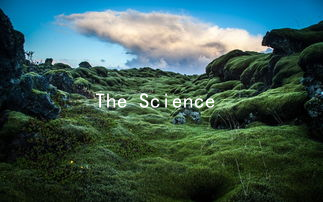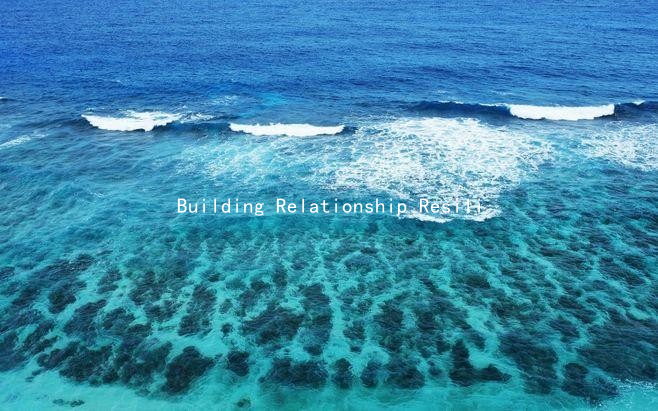The Science of Attraction: Understanding What Draws Us Together
The Science of Attraction: Understanding What Draws Us Together
Attraction is a complex interplay of biology, psychology, and sociology, weaving a tapestry of how we connect with one another romantically. Exploring the science of attraction can help us understand what draws us together and how to cultivate meaningful relationships.
Biological Factors
At a biological level, attraction begins with our genes and hormonal responses. The release of hormones such as oxytocin, dopamine, and adrenaline plays a crucial role in the feelings associated with love and attraction. Dopamine enhances feelings of pleasure and reward, making us feel good when we are around someone we are attracted to. Oxytocin, often referred to as the bonding hormone, is released during intimate moments, fostering a sense of connection and closeness.
Furthermore, studies suggest that people are often subconsciously drawn to those with similar genetic backgrounds. This phenomenon is linked to the major histocompatibility complex (MHC), where individuals are attracted to partners with differing immune systems, which increases genetic diversity in offspring.
Psychological Elements
On a psychological level, factors such as personality, self-esteem, and attachment styles significantly influence attraction. People tend to be attracted to those who possess qualities they admire or aspire to have. For instance, individuals with high self-esteem often gravitate towards partners who exhibit confidence.
Attachment theory also sheds light on how our early relationships with caregivers shape our romantic attachments later in life. Secure attachment styles tend to foster healthy, lasting relationships, while anxious or avoidant styles may lead to turbulent connections. Understanding these styles can be a powerful tool for navigating romantic relationships.
Social Influences

Social dynamics play a pivotal role in attraction. Proximity, familiarity, and social validation are three key elements that impact our attraction to others. The mere exposure effect suggests that the more we are around someone, the more we tend to like them. This principle explains why friendships often blossom into romantic relationships over time.
Moreover, social validation can enhance attraction. People are more likely to find someone appealing when they know that others find them attractive as well. This phenomenon is often observed on social media, where likes and comments can amplify our perception of someones desirability.
Building Connection Through Communication
Effective communication is a cornerstone of attraction and relationship development. Both verbal and nonverbal cues play a critical role in expressing interest and affection. Maintaining eye contact, mirroring body language, and using open gestures can create a sense of intimacy and connection.
Additionally, understanding the art of conversation is vital. Engaging in meaningful discussions that explore shared interests, values, and experiences fosters deeper emotional connections. Active listening, where one genuinely pays attention to their partner, is equally important in nurturing attraction.
Navigating Attraction in Modern Times
In todays fast-paced digital age, navigating attraction has become increasingly complex. Online dating platforms offer a plethora of opportunities but also present challenges. The key lies in striking a balance between online interactions and real-life connections. While swiping through profiles can be efficient, genuine attraction often develops through face-to-face encounters.
Whether offline or online, being authentic is essential. Embracing ones true self and being open about intentions can lead to stronger and more meaningful connections. Vulnerability can be appealing, as it fosters trust and honesty, essential ingredients for lasting relationships.
In conclusion, understanding the science of attraction can empower individuals in their pursuit of love. By exploring the biological, psychological, and social factors that contribute to attraction, we can cultivate deeper connections and navigate the intricate world of romance. Ultimately, attraction is not just about chemistry; its about understanding ourselves and others in the journey toward meaningful relationships.





